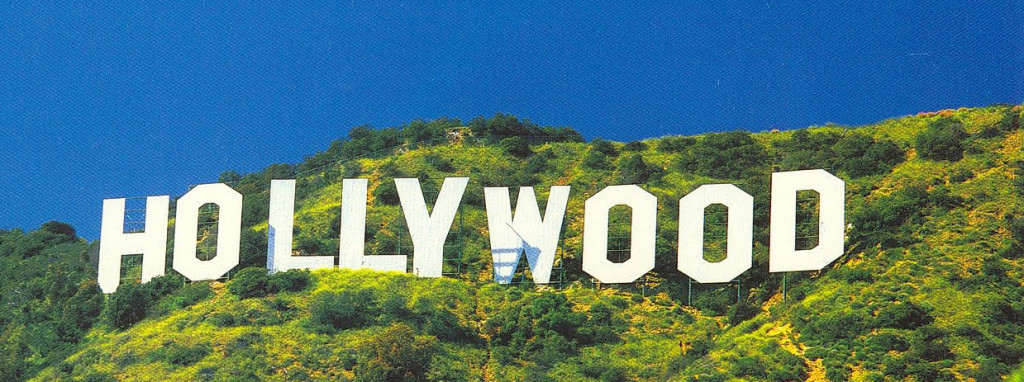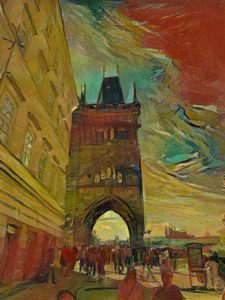
Hollywood is a neighborhood located in Los Angeles, California, that has become synonymous with the film and entertainment industry. It is home to many of the world’s most famous movie studios, as well as numerous celebrities, theaters, and other landmarks. In this essay, we will explore the history and impact of Hollywood on Los Angeles and the world.
The History of Hollywood
Hollywood’s history can be traced back to the late 1800s, when a small community of farmers and ranchers settled in the area. At the time, Hollywood was primarily known for its orange groves and agriculture, and was a relatively small and sleepy town.
However, this began to change in the early 1900s, when several movie studios began to move to the area. The mild climate and diverse scenery made it an ideal location for filming, and studios such as Paramount Pictures, Warner Bros., and MGM began to establish themselves in the area.
Over the next several decades, Hollywood grew rapidly, becoming the center of the film industry and a hub for entertainment and nightlife. The development of sound in film in the late 1920s revolutionized the industry, and Hollywood became synonymous with the glamour and glitz of the movies.
In the decades that followed, Hollywood continued to be a major center of the film industry, with countless classic films and television shows being produced in the area.
The Features of Hollywood
Hollywood is home to a wide variety of features and attractions that make it a unique and special place. Some of the most notable features of Hollywood include:
- The Hollywood Sign: This iconic sign is located on a hill overlooking Hollywood, and is one of the most recognizable landmarks in the world.
- The Walk of Fame: This sidewalk along Hollywood Boulevard is lined with stars honoring celebrities in the entertainment industry, and is a popular destination for tourists and locals alike.
- The TCL Chinese Theatre: This historic theater, originally opened in 1927, is known for its ornate Chinese-style architecture and for hosting countless movie premieres and events over the years.
- The Sunset Strip: This section of Sunset Boulevard is known for its nightlife, featuring numerous clubs, bars, and music venues that have hosted some of the most famous musicians in history.
In addition to these attractions, Hollywood is also home to numerous movie studios, production companies, and theaters, as well as countless restaurants, shops, and other businesses catering to the entertainment industry.
The Impact of Hollywood
Hollywood has had a profound impact on Los Angeles and the world, both culturally and economically. On the cultural front, Hollywood has been responsible for some of the most important and enduring works of film and television, showcasing the talents of some of the world’s most gifted actors, writers, and directors.
Beyond its cultural significance, Hollywood has also been a major contributor to Los Angeles’ economy, generating billions of dollars in revenue each year. According to a recent study, the film industry in Los Angeles contributes over $50 billion to the city’s economy annually, supporting over 400,000 jobs and driving tourism from all over the world.
Moreover, the impact of Hollywood extends far beyond the city limits of Los Angeles, with films and television shows produced in the area being watched by billions of people around the world, and shaping the way that people think about entertainment and popular culture.
The Future of Hollywood
Despite its rich history and enduring legacy, Hollywood is not immune to the challenges posed by the changing landscape of the entertainment industry. The rise of streaming services and digital distribution has disrupted the traditional model of film and television production, and has forced studios and production companies to adapt and evolve.
However, despite these challenges, there is reason to be optimistic about the future of Hollywood. The industry has a long history of innovation and creativity, and has demonstrated a remarkable ability to adapt to changing circumstances and embrace new technologies and trends.
Moreover, there are ongoing efforts to make Hollywood more inclusive and diverse, with initiatives to promote greater representation of underrepresented groups in front of and behind the camera, and to create programming and events that celebrate the rich diversity of Los Angeles and its communities.
Conclusion
In conclusion, Hollywood is a beloved and iconic neighborhood in Los Angeles, providing a space for the entertainment industry and a hub for creativity and innovation. Its rich history, diverse features, and profound impact on Los Angeles and the world make it an essential part of the city’s identity.
As we look to the future, it is important that we continue to support and invest in Hollywood, ensuring that it remains a vibrant and thriving center of the entertainment industry for generations to come. Whether you’re a fan of film and television, or simply looking to experience the glitz and glamour of Hollywood, this iconic neighborhood is a must-visit destination that offers something for everyone.

